Filter by
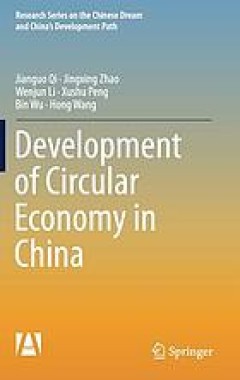
Development of Circular Economy in China
This book presents a detailed background to the circular economy in China, explores government measures to promote it in China's market economy, and introduces the supporting laws and policies. The book goes on to describe, from a technology perspective, successful circular economy practices in sectors such as agriculture, iron and steel, cement, coal-fired power, chemistry, paper manufacturing…
- Edition
- -
- ISBN/ISSN
- 9789811024665
- Collation
- -
- Series Title
- -
- Call Number
- 338.7

Development of Science Teachers' TPACK East Asian Practices
Science is a subject matter that requires learners to explore the world and develop their own abilities on the basis of that exploration. As technology broadens and deepens, science teachers need to expand their Technological Pedagogical Content Knowledge (TPACK), which determines how well they use technology to help students learn science. The book details our efforts to prepare science teache…
- Edition
- -
- ISBN/ISSN
- 9789812874412
- Collation
- -
- Series Title
- -
- Call Number
- 370
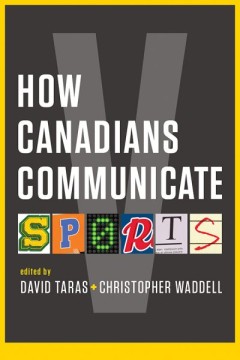
How Canadians Communicate V Sports
Fewer Canadians than ever are lacing up skates, swimming lengths at the pool, practicing their curve ball, and experiencing the thrill of competition. However, despite a decline in active participation, Canadians spend enormous amounts of time and money on sports, as fans and followers of sporting events and sports culture. Never has media coverage of sports been more exhaustive, and never has …
- Edition
- David Taras and Christopher Waddell
- ISBN/ISSN
- 9781771990073.01
- Collation
- -
- Series Title
- -
- Call Number
- 395 pages
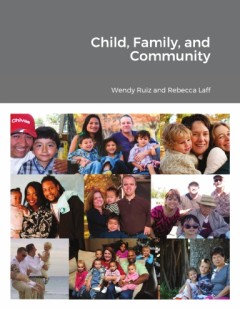
Child, Family and Community
Over the years researchers have found the necessity to develop theories of behavior that are specific to family settings. These theories have been developed by people with a variety of areas of emphasis, from family therapists to gerontologists to child development specialists. In this chapter we will briefly discuss six such theories: Bioecological Model, Family Systems, Functionalism, Conflic…
- Edition
- -
- ISBN/ISSN
- -
- Collation
- -
- Series Title
- -
- Call Number
- 362 LAF
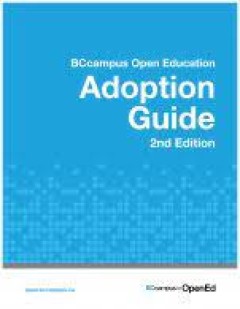
Adoption Guide
Overview: The second edition is an updated and expanded version of the original adoption guide. The first sections address three distinct groups involved in open textbook adoption: instructors, post-secondary institutions, and students. The second--most comprehensive--section focuses on the operational aspects of adoption: surveying instructors about, tracking usage of, and reporting out about …
- Edition
- 2nd Edition
- ISBN/ISSN
- -
- Collation
- -
- Series Title
- -
- Call Number
- 370 AES a
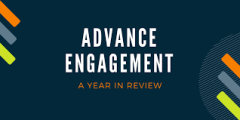
Advanced Engagement
In this course, participants will focus on creating engaging materials for their courses. Different forms of engagement will be explored and content created that is relevant to the courses that they teach.
- Edition
- -
- ISBN/ISSN
- -
- Collation
- -
- Series Title
- -
- Call Number
- 371.33 BEA a

12 Key Ideas : An Introduction to Teaching Online
This book is meant to be a short course to help you prepare to move your teaching online. Do a chapter a day. Or just pick the ones you like.
- Edition
- -
- ISBN/ISSN
- -
- Collation
- -
- Series Title
- -
- Call Number
- 378 ONE t
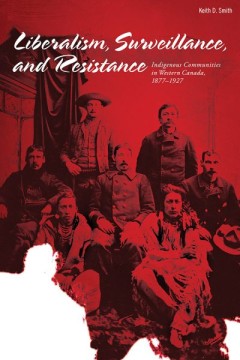
Liberalism, Surveillance, and Resistance Indigenous Communities in Western C…
Canada is regularly presented as a country where liberalism has ensured freedom and equality for all. Yet with the expansion of settlers into the First Nations territories that became southern Alberta and BC, liberalism proved to be an exclusionary rather than inclusionary force. Between 1877 and 1927, government officials, police officers, church representatives, ordinary settlers, and many ot…
- Edition
- -
- ISBN/ISSN
- 9781897425398.01
- Collation
- -
- Series Title
- The West Unbound: Social and Cultural Studies
- Call Number
- 334 pages
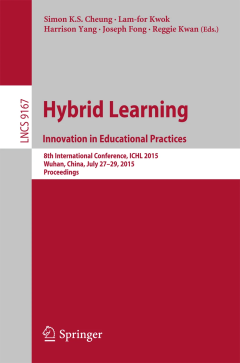
Hybrid Learning: Innovation in Educational Practices
This book constitutes the refereed proceedings of the 8th International Conference on Hybrid Learning, ICHL 2015, held in Wuhan, China, in July 2015. The 35 papers presented were carefully reviewed and selected from 104 submissions. The selected papers cover various aspects on experiences in hybrid learning, computer supported collaborative learning, improved flexibility of learning processes,…
- Edition
- -
- ISBN/ISSN
- 978-3-319-20620-2
- Collation
- XIV, 414
- Series Title
- -
- Call Number
- 370
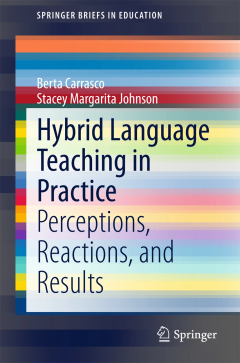
Hybrid Language Teaching in Practice: Perceptions, Reactions, and Results
This book allows readers to explore the inner workings of a hybrid class from the perspectives of two instructors with different pedagogical orientations, from the students’ perspectives, including learning outcomes and immediately practical teaching tools. The authors meet the challenge of how to preserve pedagogy and content while making good use of digital tools and online opportunities. L…
- Edition
- -
- ISBN/ISSN
- 978-3-319-16425-0
- Collation
- XI, 82
- Series Title
- -
- Call Number
- 370 HYB
 Computer Science, Information & General Works
Computer Science, Information & General Works  Philosophy & Psychology
Philosophy & Psychology  Religion
Religion  Social Sciences
Social Sciences  Language
Language  Pure Science
Pure Science  Applied Sciences
Applied Sciences  Art & Recreation
Art & Recreation  Literature
Literature  History & Geography
History & Geography